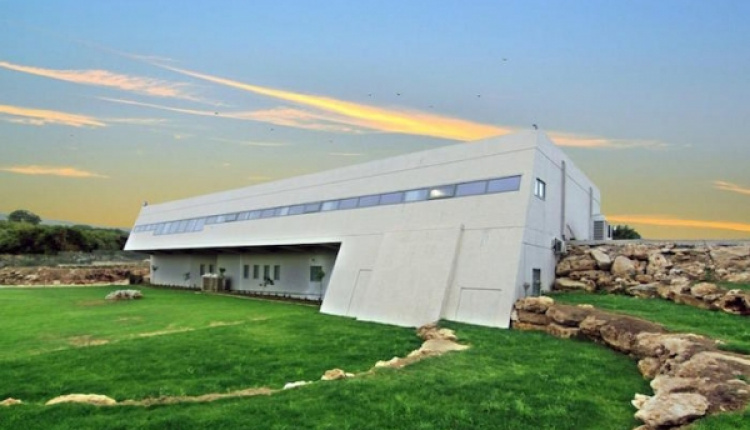Greece Sees Opening Of Three Emblematic Sites Of Archaeology
- by XpatAthens
- Tuesday, 05 July 2016

Because of its rare and unique collections coming from excavations in Boeotia, the Archaeological Museum of Thebes, which is one of Greece's most important museums, is getting a total makeover and will be re-named ‘The New Thebes Archaeological Museum.’
It was inaugurated in June of this year and it is organized into 18 thematic units, 11 of which tell the chronological story of Thebes and Boeotia (the region surrounding Thebes) from the Paleolithic Age right up to the establishment of the modern Greek state. Presented are Boeotia's culture, daily life, politics, and social development . There are special displays detailing the history of the museum and of Thebes, Boeotia in mythology and its spiritual life, especially through the famous tragedies of the Theban mythological cycle.
The exemplary Museum of Ancient Eleutherna on the island of Crete was also inaugurated in June in the presence of President Pavlopoulos and prominent representatives from the fields of politics, science, business and the arts.
Another important cultural site to reopen its doors to visitors in June was the ‘Palace of Nestor’ in the Peloponnese, one of the best preserved Mycenaean sites in Greece. The palace reached the peak of its prosperity in 13th century B.C. but it was destroyed by fire in the early years of the 12th century B.C. In 1939, K. Kourouniotis located the site of the Palace and Professor Carl Blegen of the University of Cincinnati excavated the area.
The palace was closed for restoration in May 2013. Now, after a 2.5-million-euro restoration work, the site will be inaugurated by Culture Minister Aristidis Baltas and reopen its doors to visitors in June.
To read this article in full, please visit: Greek News Agenda
To read this article in full, please visit: Greek News Agenda

